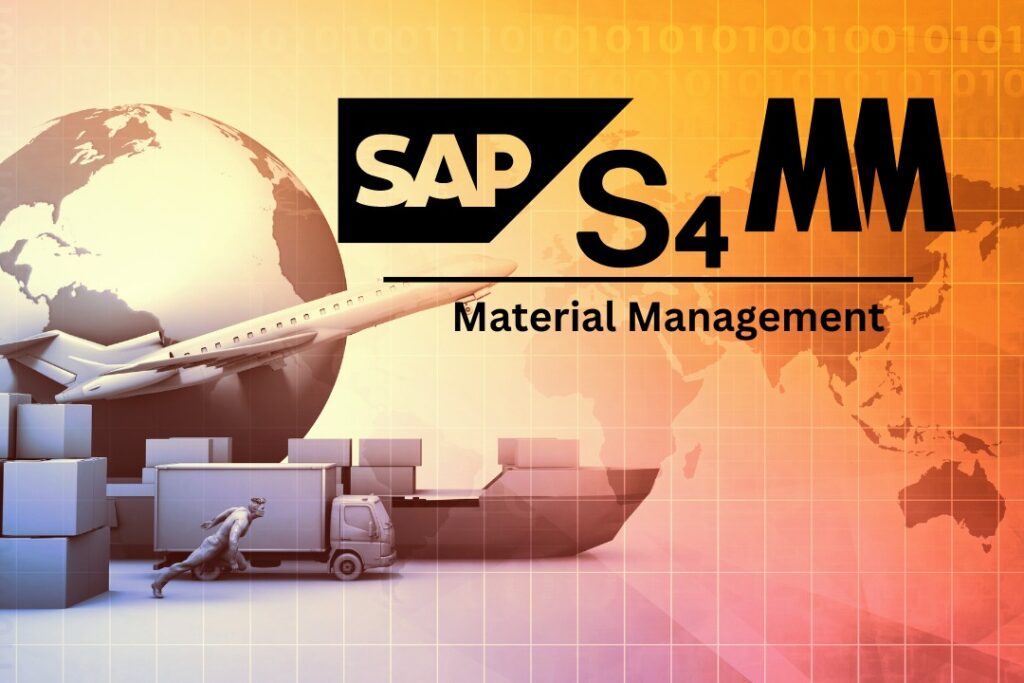MM Course Details
MM Curriculum
MM Faq’s
MM Reviews
MM rated (4.8 / 5) based on 9 reviews.Ravi Kiran P
Completing the SAP MM Course at GreenByte Technologies was an enlightening journey. The instructor's clear and comprehensive teaching style, especially Sir's, made even complex topics easily graspable. I wholeheartedly endorse GreenByte Technologies to anyone seeking SAP MM Training online. It's been an invaluable learning experience that I highly recommend.
Gowtham Kumar
GreenByte is an excellent place to learn the SAP MM online course and advance your career in the software field. The mentors are industry experts, and the hands-on projects were a standout feature, helping me apply the concepts in real-world scenarios. I also appreciated the flexible class schedules. It's one of the best institutes for SAP modules, and I highly recommend it.
Sunitha Reddy
The SAP MM online training at GreenByte Technologies exceeded my expectations. Trainer Abhishek explained every concept with real-time examples and hands-on practice. His in-depth knowledge and teaching style made learning seamless. The course covered all topics comprehensively, making it perfect for beginners and professionals alike. Highly recommend this institute.
Suresh Kakarla
I had an amazing learning experience with Trainer Abhishek at GreenByte Technologies. His detailed explanations of SAP MM concepts like Procurement and Inventory Management were easy to understand. The interactive sessions and personalized attention boosted my confidence. This training is truly value for money. Great institute for SAP MM.
Nada Kumar P
Trainer Abhishek’s SAP MM course at GreenByte Technologies was exceptional. His clarity and patience during sessions stood out. The institute provided well-structured course materials, and the practical exercises helped me grasp complex topics effortlessly. I’m now confident in SAP MM processes thanks to this training. Highly recommend for career advancement.
Abbas
I enrolled in SAP MM training at GreenByte Technologies, and it was fantastic! Abhishek is an excellent trainer, explaining concepts like material master and procurement with precision. The institute’s approach to practical learning and job-oriented guidance was top-notch. I’m confident in my SAP MM skills now.
Manjunath K
I highly recommend SAP MM training at GreenByte Technologies in Bangalore. Trainer Abhishek’s practical approach and detailed explanations made learning enjoyable and effective. The course covered all essential topics like procurement and inventory management. The institute’s support team was also excellent, ensuring a smooth learning experience. Truly worth it
Venkatesh S
GreenByte Technologies in Hyderabad offers outstanding SAP MM training. Trainer Abhishek is incredibly knowledgeable and explains concepts like material master and invoice verification with real-time examples. The hands-on projects and interactive sessions were invaluable. I feel confident in my SAP MM skills now. Perfect choice for career growth.
Bhasvanna DR
The SAP MM online training at GreenByte Technologies, Bangalore, was excellent. Trainer Abhishek’s detailed explanations and real-time examples made learning enjoyable. He covered all key topics like procurement and inventory management with clarity. The practical assignments and interactive sessions were incredibly helpful. Highly recommend this course for SAP MM aspirants!


